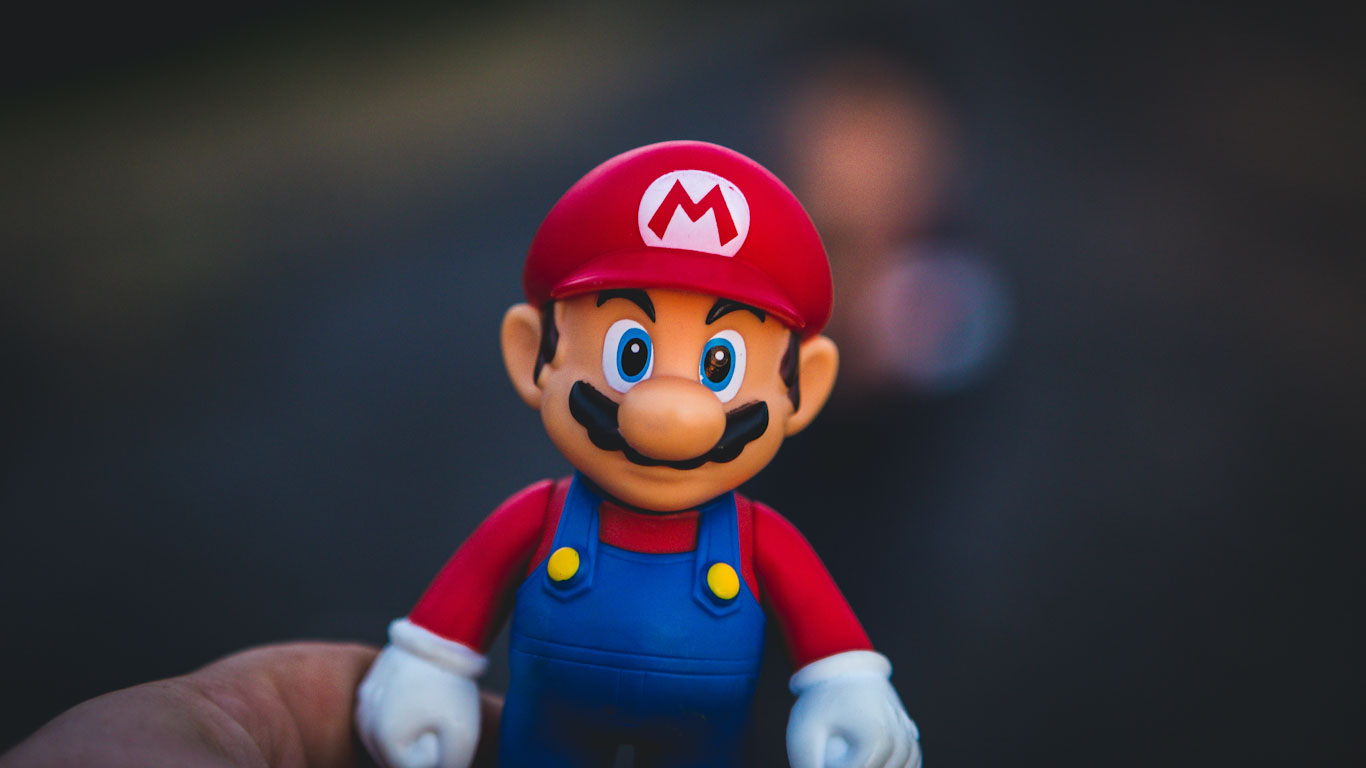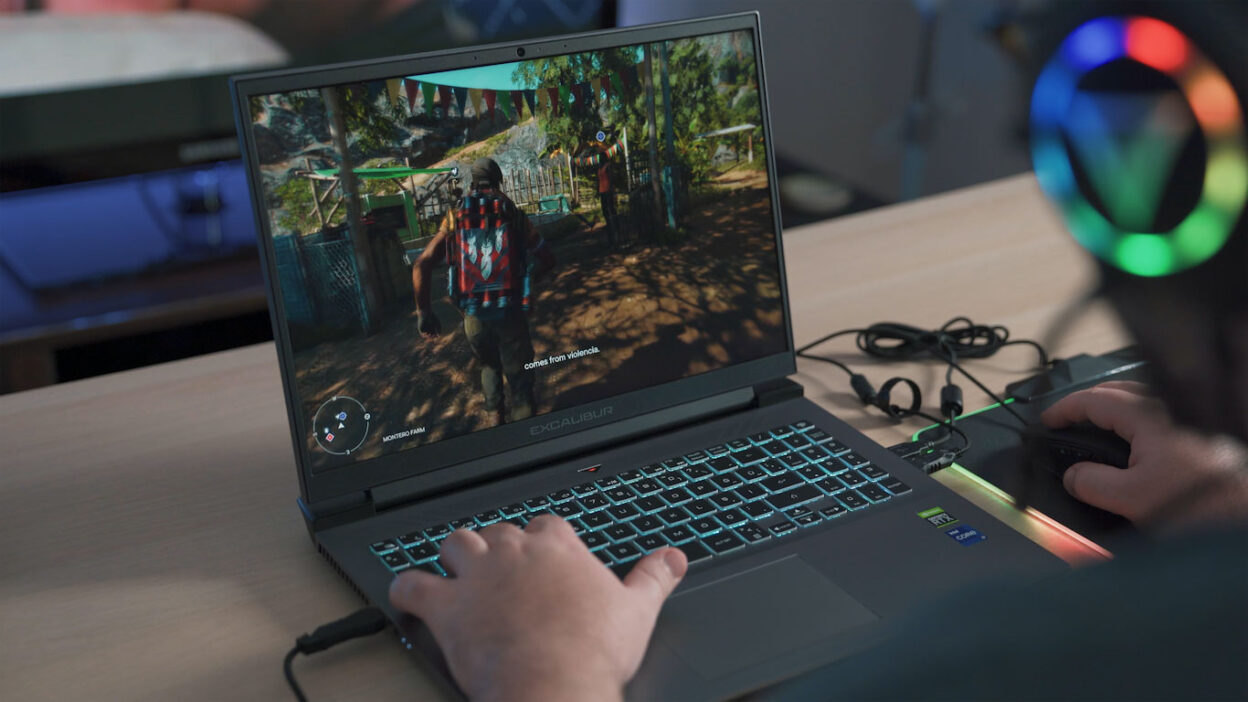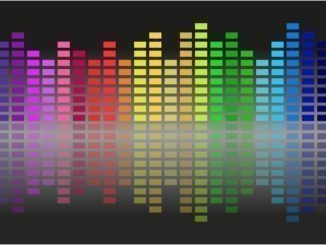We all know that video games and music are connected, after all, anyone who has played a game in the last 25 years will have heard some sort of melody as they worked their way through the levels.
Over the decades, the relationship between music and games as evolved significantly, so much so, that today’s landscape would be unrecognizable to players from the 1980s.
The Early Days
In the very beginning of the video games industry, the hardware was not advanced enough to make playing music possible. In fact, the earliest games barely included sound at all. For example, the original Pong game used only beeps.
That’s not to say the developers at Atari just threw in a single monotone noise and left it at that. They changed the pitch and duration of this beep, depending on what was happening on screen to provide audio queues to players. For example, the ‘ball’ bouncing off the wall would trigger a 226 Hz sound for 16 ms but hitting the paddle would result in a beep that was 96 ms long and had a frequency of 459 Hz.
But this beeping sound couldn’t stay exciting for very long and players very quickly began to demand more.
Growing Creativity and Technical Capability
This eventually resulted in a gradual shift in the way video games have used music. Titles in the 1980s, such as the legendary Pac-Man games, used 8-bit MIDI tunes to create iconic sound effects and melodies.
Then, as hardware evolved to be capable of handling real music, game developers added it to their titles. Some iconic examples of this include Doom, which featured rock music in the background as players worked their way through the different groundbreaking 3D levels, and Grand Theft Auto, which used music to create the appearance of radio stations when players were in vehicles.
Today, background music is often taken for granted, but it would be very quickly missed if it were to be removed as it helps to create a more immersive and realistic atmosphere. For example, PokerStars Casino uses background music in its blackjack and other table games to recreate the experience of being inside a land-based casino. It also differentiates between the different variants that it offers, with unique music used in each.
Similarly, players of games in the Mario series will be very familiar with its unique upbeat tracks that help to create the happy and friendly atmosphere of most Mario games. Nintendo also uses the ‘music speed up’ concept that provides an audio clue, similar to the pitch and duration changes utilized in Pong to let the player know that time is running out.

Bringing Your Own Soundtrack
Things continue to evolve and we are beginning to see more and more gamers move away from listening to the music included by game developers in favor of their own. Research conducted by Deloitte Insights found that 42% of Gen Z gamers listen to other music while playing, 13 percentage points more than the global average. Meanwhile, almost 50% more Gen Z gamers use video games to discover new tracks that they then go on to buy or stream, compared to the average.
While these two pieces of data may sound contradictory, they actually hint at a growing trend that these younger video game players have a very personal relationship with the music they listen to while they play. Instead of simply accepting the soundtrack curated by the developers, they create their own, either by playing a playlist created elsewhere or actively choosing the songs within the game.
Concerts
The personalization of video game soundtracks is not the only trend we’ve seen in recent years. There has also been a dramatic increase in the number of A-list musicians performing concerts inside video games.
Titles like Roblox and Fortnite have attracted major artists like Ariana Grande, Travis Scott, Lil Nas X, and even KoRN, with players all joining a particular server or area within the game to watch avatars perform on a virtual stage.
This, again, is evidence of this growing relationship between players and the music they listen to in video games. Attending a digital concert is a conscious choice rather than simply the consequence of circumstance.





Be the first to comment